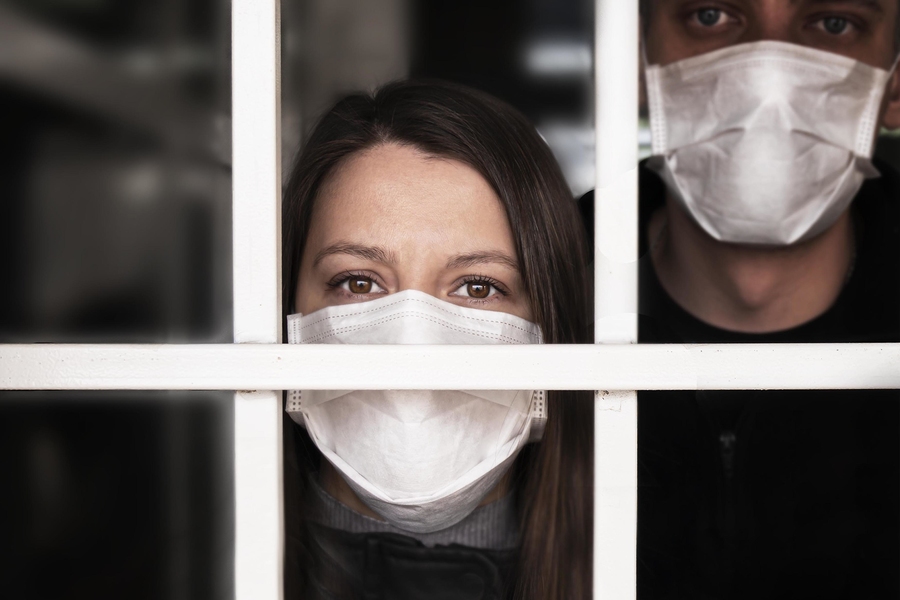As of the writing of this article, there have been nearly 380,000 cases of coronavirus and close to 12,000 deaths in the U.S. during the outbreak.1
The COVID-19 pandemic is a global crisis on many levels. There are many legal issues arising due to coronavirus on top of the public health and economic fallouts. As the Centers for Disease Control and Prevention (CDC) has issued guidelines such as social distancing, personal injury lawyers have been addressing potential liability issues involving cruise ships, nursing homes, and governments.
It appears that coronavirus victims can file a personal injury lawsuit and claim an entity is liable for negligent transmission. When passengers aboard the cruise ship Diamond Princess became infected in February, it wasn’t only the Japanese government’s quarantine procedures that were scrutinized. Just like a nursing home in Seattle where numerous residents were infected with COVID-19, a cruise line can be liable for not taking reasonable measures to protect people.
How Does Coronavirus Compensation Work?
The CDC has suggested the virus was spread through the cruise ship by food service workers. You may be entitled to compensation if infected. Such a claim can suggest the cruise line didn’t do enough to prevent exposure, putting occupants at risk. Contact your attorney if you were on a cruise ship and diagnosed with and treated for the virus later.
What the California Supreme Court Says
The California Supreme Court has suggested you can sue someone for negligence if they transmitted coronavirus. To be successful, the plaintiff would have to prove the defendant:
- Had a duty to prevent negligent transmission: California Civil Code Section 1714(a) states that everyone is responsible for their willful acts and for injury caused to others. The courts have also said ordinary care is required by everyone and all people are responsible for conduct that causes injury to someone else.
- Breached that duty: To prove someone is liable for infecting others, courts require looking at the degree of certainty a plaintiff suffered an injury, the connection between the defendant’s conduct and the injury sustained, and policies for preventing future harm. The morality of the defendant’s conduct and how imposing a duty to exercise care would impact the community are also considered.
In Doe v. Roe (1990) 218 Cal.App. 3d 1538, 1541, a California Court of Appeal determined a defendant was liable for transmission of herpes. He was aware he was infected, had several prior outbreaks, but believed it wasn’t transmissible. Arguing the defendant had knowledge he had a venereal disease and it was transmissible, the court ruled in favor of the plaintiff. This was not the only case in which a person was found liable for transmitting an infectious or contagious disease.
How Do You Prove the Case?
To find a defendant liable for coronavirus transmission in court, you’ll likely need to prove they knew of their infection. The court might look at whether one took reasonable precautions, such as staying away from the public and following CDC guidelines. While proving causation can be a challenge, establishing a person could have taken reasonable precautions is probably not, given the level of media exposure to coronavirus information.
The Law Offices of Jacob Emrani Can Help
If you or a loved one has been diagnosed with COVID-19 and believe another party’s negligence caused exposure, contact our Los Angeles personal injury lawyer at (888) 952-2952. We’ll evaluate your case at no cost. For coronavirus information and assistance, visit the Los Angeles County Department of Public Health.



